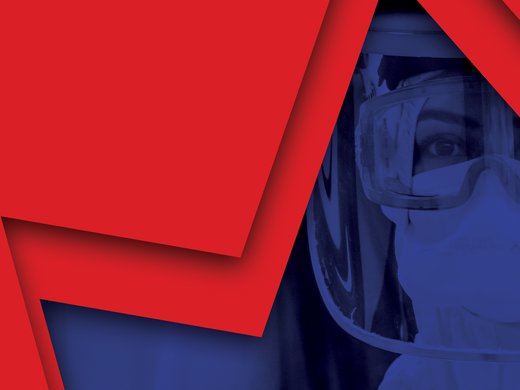During the COVID-19 pandemic, governments in Canada used social media to disseminate accurate information to their citizens about the novel and deadly coronavirus and to explain public health and social measures. However, social media also amplified messages of misinformation and accelerated their spread.
In this policy brief, Adrian R. Levy and Peter Suma write that pandemics provide fertile ground for the spread of misinformation, which disrupts the process of free opinion formation by drowning out accurate information and exploiting common cognitive biases, making incorrect information seem more compelling. Misinformation also reduces the ability of groups to settle on an accurate fact base from which to form consensus.
Fostering an enabling environment for free thought places a positive obligation on governments to provide the public with best available evidence and epistemic standards. Levy and Suma propose that as Canada updates its pandemic readiness infrastructure in response to its experience with COVID-19, the right to freedom of thought offers a framework for establishing objective standards for public health infrastructure and processes in a pandemic.


